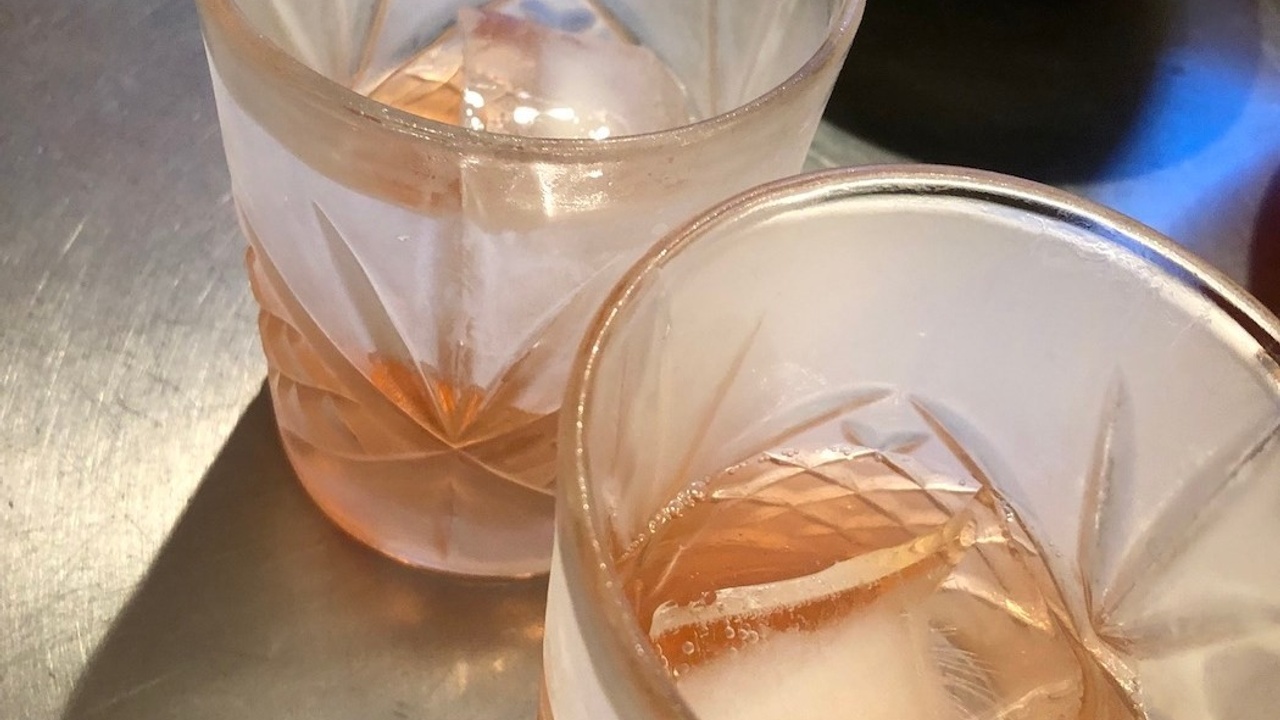Drink that Science
Dec 06, 2021
Let me start by saying that I am not an alcoholic. I do not have a drinking problem, nor do I have an addiction. However, I will tell you that alcohol is a problem for more of you than you probably are aware of. Alcohol may be the cause of that body composition rut, exercise plateau, or sleep problem you are suffering from.
Hidden alcohol
The incidence of alcohol use is rising in America. Similarly, in my field, alcohol-related pancreas and liver disease are on the rise. I like a nice cocktail as much as the next guy, but these drinks have much more “hidden alcohol” when compared with beer or wine. Let me explain.
In terms of servings of alcohol you probably recall learning about equivalency in driver’s ed.
For example one 8 oz glass of wine = one 12 oz can of beer = 1.5 oz (one-shot) of spirits.
Enter the revitalization of the cocktail.
Though delicious, one cocktail may contain three to five 1.5 oz servings of liquor. In theory, your one cocktail may be equal to 3-5 beers/glasses of wine.
Metabolism
When you drink, that alcohol enters your bloodstream through direct absorption mostly via the stomach. The amount of alcohol that is absorbed is dependent upon a few factors 1) your metabolism 2) your body water composition, 4) your sex, 5) your body mass, 6) your tolerance 7) your age, 8) the alcohol dose 4) the presence of other agents (food). I am certain you have noticed this. You have eaten bread to “soak up the alcohol.” This is somewhat based upon science, as your absorption of alcohol is less when food is in your body mostly from the speed of stomach emptying. To control the impact of drinking, eat and hydrate before you drink.

Regarding the non-modifiable factors, the metabolism of alcohol is usually faster in women as compared with men (sorry guys). Older people metabolize alcohol faster than younger people do. Which is why your grandad can drink you under the table. It is also faster in smaller persons than larger ones (really?). All when controlling for water composition, tolerance, etc. Now, this is an odd statement I know, but though a larger person may feel less bad effects from too much alcohol, metabolically a smaller person will break the alcohol down faster.
Now that we have established factors weighing into your metabolism. Let’s go through the actual metabolism of alcohol.
First and foremost, alcohol is a toxin. Your body treats it as such, and the pathways to breakdown are similar to that of toxins. That aside, each alcohol bundle does equate to 7 energy units. Stripping down the basics of alcohol itself (without the other starches, sugars, etc), your body will metabolize as much of this toxin as it can be based upon the stipulations above. The rest will be eliminated in the urine. So why is drinking making you fat?
The metabolism of alcohol often pairs with an excess of carbs. This can come in the drink itself (beer) or in the other components that are present in your drink (bitters, mixers, etc). Be aware of hidden sugars in your drink along with the high alcohol content. To limit these hidden carbs and sugars, choose drinks that are minimalist (glass of wine not a daiquiri) and limit number/volume.
As per our prior discussion of carb digestion, extra carbs are stored in the body as body fat. Also, alcohol overuse will lead to interference in your sleep, which can alter your hormones, particularly a stress hormone called cortisol. Cortisol will tell your body to retain energy in the form of fat stores, as it sees you in a state of danger.
Social Stigma
As I walked into the party a friend of mine politely asked me if I wanted a drink. “Nah, I am good,” I said. “What are you pregnant?” my friend asked me.
With the renaissance of the cocktail culture has come an ethos that is centered around drinking. Think about your last social gathering…did it have alcohol as a component? I am not knocking it, but alcohol-related health issues and abuse are on the rise for the first time in years.
Not only are drinks filled with hidden calories and sugars, but there is a social stigma built around NOT drinking. Happy hour with colleagues, work meetings, conferences, date nights, all has alcohol as a centerpiece for most Americans. Think about when you first sit down for a meal, the waiter/waitress will always ask if you want something to drink.
Saying no to many people is hard. As in my social experience, certain people may react to your abstinence as abnormal.

However, the key is how you pose the information, how much you care about others’ opinions, and your ability for self-control.
If your pathway is for less drinking, or no drinking you may feel socially isolated. Don’t put yourself in a dark room, but instead change your approach to such situations. Be bold and stick to your guns, usually, if people care about you, they will drop the razzing there.


